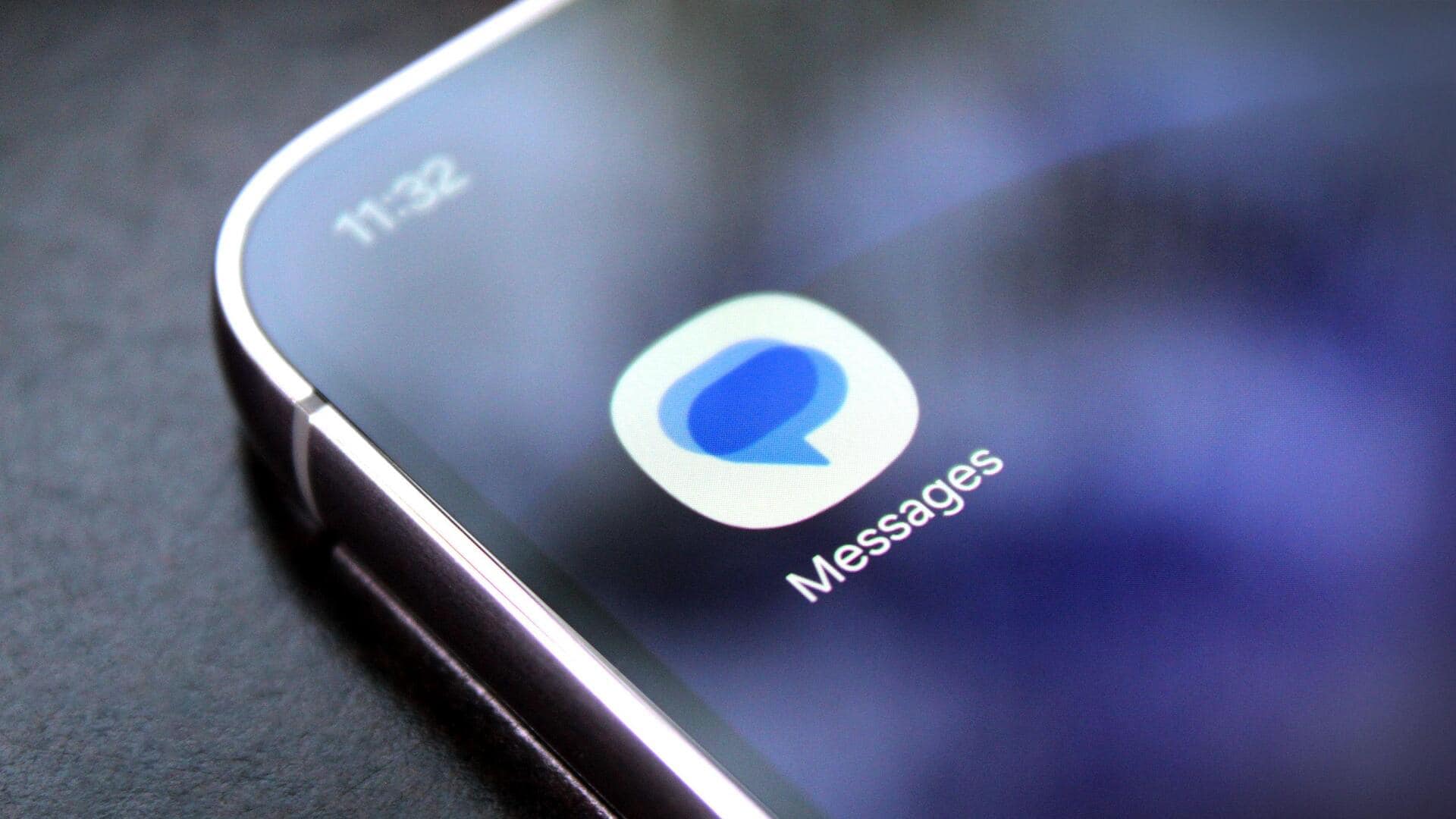
New Google Messages safety feature auto-blurs nude photos
What's the story
Google has started rolling out a new safety feature in its Messages app for Android. The feature, called Sensitive Content Warnings, automatically detects and blurs nude images before you see or send them. It works entirely on-device with the help of Android System SafetyCore, ensuring that no identifiable data or classified content is sent to Google's servers.
Feature functionality
Users can choose to view the image after confirming
When a blurred image is detected, users are given several options. They can learn about the potential harm of nude images, block the sender's number, view the image after confirming their choice, or go back to the conversation without opening it. The system also prompts users when they try to send or forward a nude image.
User settings
How to enable or disable the feature?
The feature is off by default for adults (18+) but can be enabled through Google Messages Settings > Protection & Safety > Manage sensitive content warnings > Warnings in Google Messages. For supervised accounts, the feature can't be disabled without parental control via Family Link. Unsupervised teens aged 13-17 can disable it in their Google Account settings.
Privacy protection
Feature was first announced in October last year
Google first announced this feature in October 2024 and started rolling it out to beta users in April. The company says that by processing and classifying images on-device, they can avoid sending any image data to their servers. This should help alleviate privacy concerns while also tackling a real problem — unsolicited explicit images.
Control measures
A safer messaging experience
Google's Sensitive Content Warnings feature gives users more control over what they see and share. It combines on-device AI detection with clear user controls, making it a part of the company's larger effort to create a safer digital messaging environment without compromising privacy. The wider rollout of this feature is expected to reach most Android users in the coming weeks.